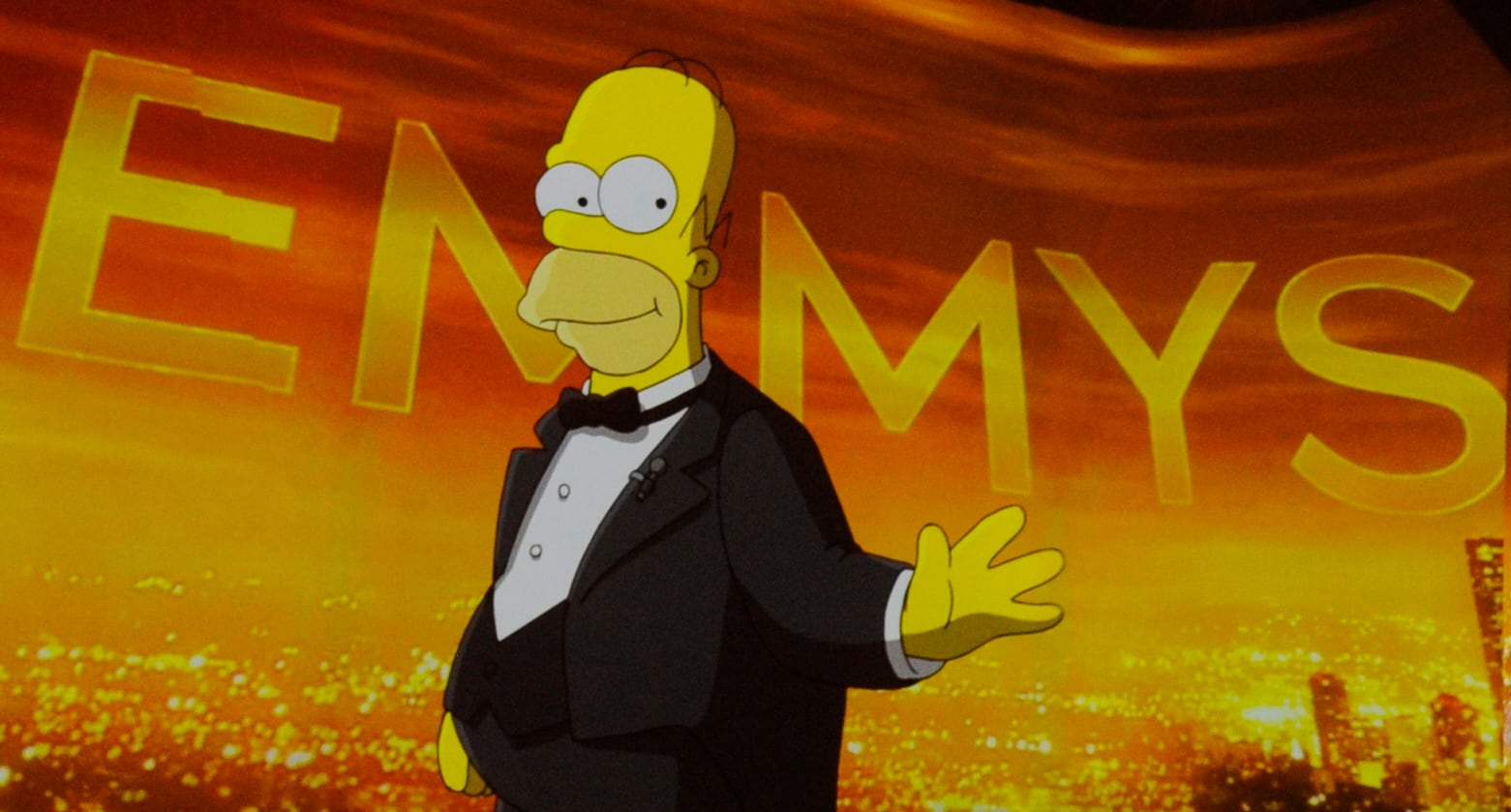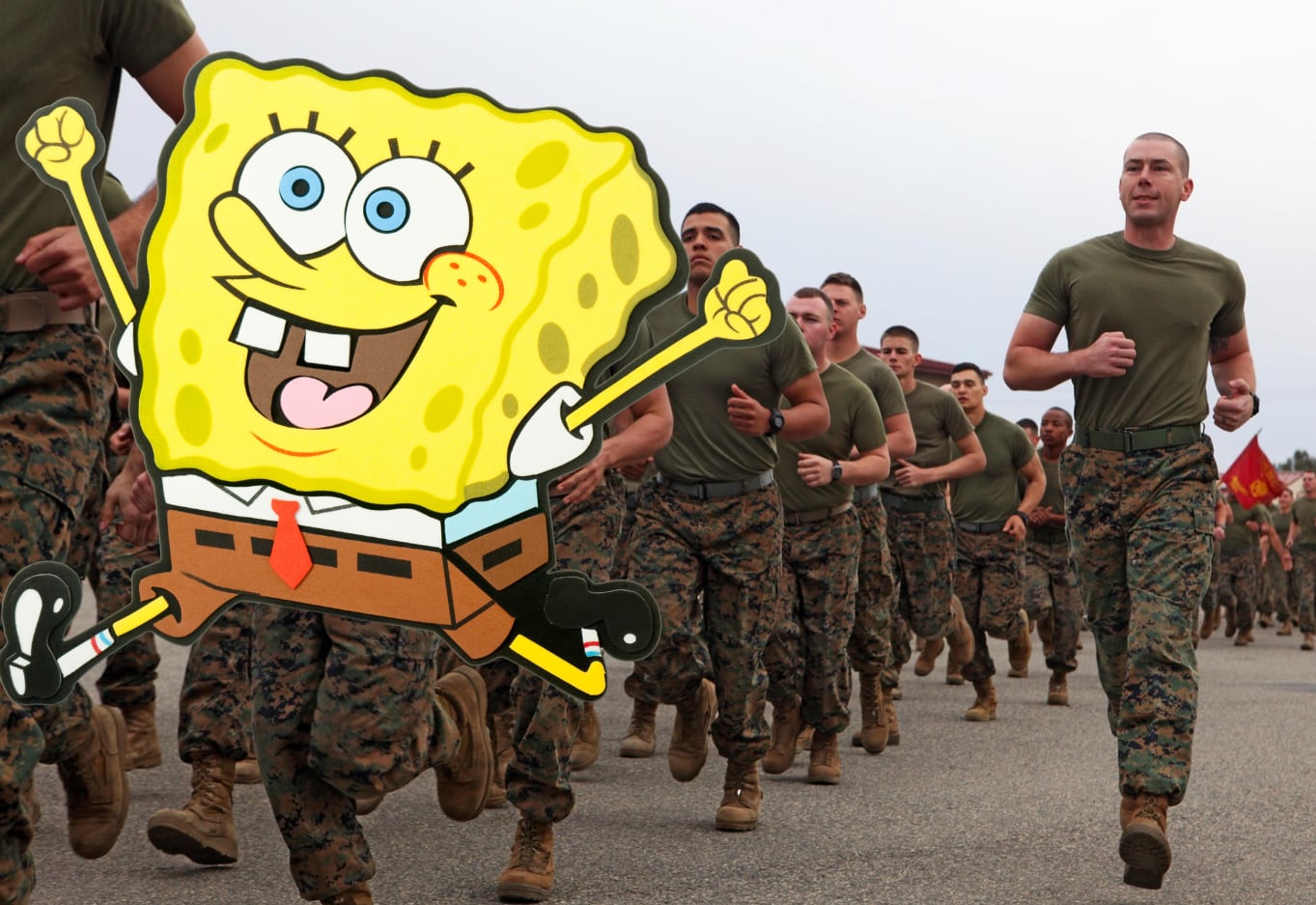Cardi B’s “WAP,” featuring Megan Thee Stallion, took the internet by force when it was released on Aug. 7. Zoomers and millennials alike took to TikTok to dance provocatively to the wildly catchy but arguably profane song.
One such TikTok, purportedly two female soldiers dancing to the tune, has sparked military twitter outrage and a larger discussion about what women can or should be doing on social media while in uniform, a debate that has unearthed a double standard that doesn’t appear to apply to male service members.
The user, Kamrynvison01, who appears to be in the Army, is featured with a fellow soldier doing what a majority of TikTok users do: dancing to the most popular songs of the day. This particular ditty, however, which features the polarizing lyric, “wet-ass p****, make that pullout game weak,” has drawn ire from the military community at-large as the background music for a video some on Twitter are calling “conduct unbecoming.”
“WAP” is number one on the Billboard Hot 100 songs chart for the second week running, the first song to do so since Ariana Grande’s “7 Rings” in 2019.
But it’s not necessarily the song’s perceived vulgarity that has uniformed critics upset. Rather, it’s their perception that female service members are posting a “thirst-trap” video on TikTok that has select pockets of the Twittersphere calling for an end to women in the military.
For those not up-to-speed, Urban Dictionary defines “thirst trap” as “a sexy photograph or flirty message posted on social media for the intent of causing others to publicly profess their attraction. This is done not to actually respond or satisfy any of this attraction, but to feed the poster’s ego or need for attention, at the expense of the time, reputation and sexual frustration of those who view the image or reply.”
Perhaps unsurprisingly, some of the comments about this particular video are as profane, or worse, as the dancing they condemn. Retweets range from suggesting all women should be expelled from the ranks of the Armed Forces, requests for friendly fire, and crying about how China, the country from which TikTok emerged, has won.
“I really wish we put these people on the frontlines as body sheilds (sic),” wrote user @PhiliaSmith. “Holy f*cking hell I hate you.”
Another user, @CFagan1987, wrote, “Conduct unbecoming ... this is disgraceful. Our fighting men and women should not be mimicking trash queen Cardi B when in uniform.”
Others, however, suggested that the responses from military Twitter reveal deep-seated misogyny among leadership, including women in positions of authority.
In one such instance, a female military JAG officer criticized the video and was met with fierce backlash from Twitter users on the opposing side. Her account has since been deactivated.
“Let’s be clear here, the reason this particular video is making the rounds outside of Twitter and bringing up comments on professionalism from people with oak leaves and eagles or people with stars between their chevrons and rockers is because it’s of two women,” Victoria Kositz, a veteran and professor of military science, wrote in a tweet.
The video has since been made private on Kamrynvison01′s account, but the responses to it raise larger questions about the military’s relationship to TikTok. Though this clip elicited particularly sexist comments about women in the military, men in uniform have contributed their fair share of “thirsty” videos on the same platforms.
The video featuring these two personnel may be the most prominent that has emerged in the discourse of hyper-sexualized military TikTok clips, but they’re far from an isolated example.
Users across the services share 15- to 60-second videos about everything from workout tips to “milspouse” woes and complaints about toxic command climate.
Despite ongoing discussions about the U.S. government banning the app for national security reasons, particularly the collection of personal data, U.S. membership on the platform continues to grow. The Pentagon in 2019 stated its position against the use of TikTok, calling it a cyber threat. Both the Army and Navy followed suit, banning the app’s use among their ranks.
But that hasn’t seemed to have made much of an impact.
Sandboxx, which connects military personnel and their supporters throughout their military journey, distributed a survey about TikTok habits that was responded to by 436 service members ranging in rank from E-1 to O-2.
“42 percent of respondents say they use TikTok at least once a month, with a quarter (24 percent) saying they use it daily,” according to statement obtained by Military Times. “This is despite many branches banning the app’s use on government devices and warning against its use on personal devices.”
However, military users say they would comply if their command specifically requested they delete TikTok.
“The data clearly shows that no matter how our military members feel about TikTok or its use by civilians, they plan to follow the order of their command,” said Shane McCarthy, Sandboxx chief marketing officer.
Sarah Sicard is a Senior Editor with Military Times. She previously served as the Digitial Editor of Military Times and the Army Times Editor. Other work can be found at National Defense Magazine, Task & Purpose, and Defense News.
In Other News














